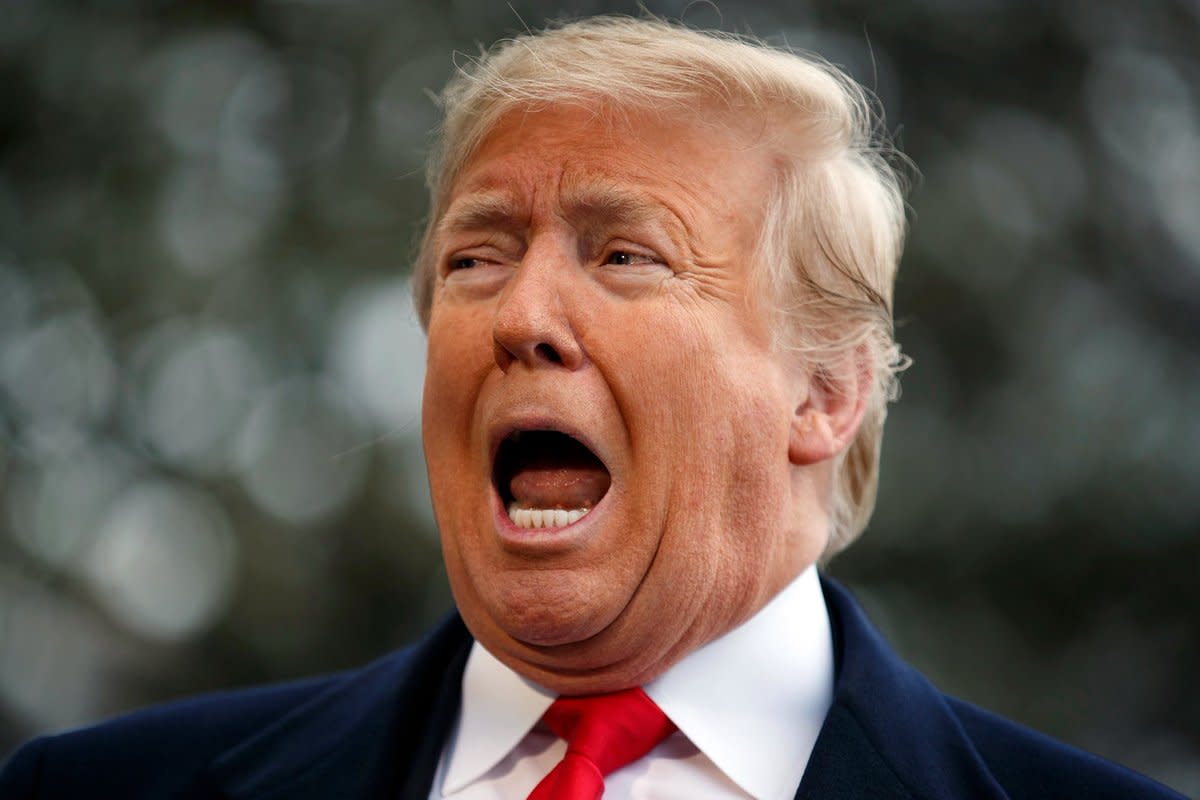The Mueller Report and Donald Trump; An Analysis - Part 3: Obstruction - The Evidence
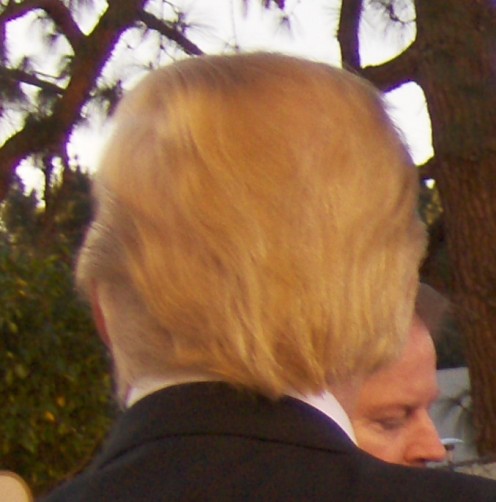
Part 2 of SO - What Does the Mueller Report REALLY Say? Nothing Good for Donald Trump - Part 2: Obstruction was getting rather long in the tooth with over 3,000 words and Part 3 is going to be just as long. So, I thought it best, following HP guidelines to break this up into another article.
The Evidence of Obstruction
In Part 2, I presented Mueller's reasoning as to why he investigated Donald Trump for Obstruction of Justice. Also in Part 2 are the several instances where Mueller thinks Trump might have broken the law. (Those will be repeated here as well).
Keep in mind, it was the potential obstructive act of firing FBI Director James Comey that precipitated the appointment of a Special Council in the first place. It is clear from what Mueller wrote that he thought it highly likely that Trump did indeed try to obstruct the investigation into Russian interference. First, let's consider the elements of proof which Mueller needs in order to convict someone of Obstruction of Justice.
Elements of Proof
For Obstruction of Justice, the statutes provide that three "elements of proof" are needed for a crime to have been committed:
- An obstructive act;
- A nexus between the obstructive act and an official proceeding;
- A corrupt intent.
Just three simple things - but so hard to prove. Mueller spends the next 150 pages or so analyzing each of the issues (instances of possible obstruction) listed previously. For each issue, the report covers each element of proof and the facts that bear upon it. Below is a selection from the various definitions Mueller presents on PDF pages 221 through 224 of the report.
An Obstructive Act
Statutes and Supreme or Inferior Court rulings define an Obstructive Act as:
- "... corrupt conduct ..." which can "... prevent[s] justice from being duly administered, regardless of the means employed."
- An Obstructive Act is an "effort to influence" an official proceeding "even if the effort was subtle or circuitous ..." nor "... however cleverly or with whatever cloaking of purpose it was made."
- An Obstructive Act "... can refer to anything that blocks, makes difficult , or hinders." an official proceeding
- "An improper motive can render an actor's conduct criminal even when the conduct would otherwise be lawful and within the actor's authority. "
- "any act by any party-whether lawful or unlawful on its face-may abridge ... if performed with a corrupt motive"
A Nexus Between the Obstructive Act and an Official Proceeding
- First, the obstructive act must be connected with a "... pending "judicial or grand jury proceedings. " be it "a federal agency proceeding or a congressional inquiry or investigation."
- "... the government must demonstrate "a relationship in time, causation , or logic " between the obstructive act and the proceeding or inquiry to be obstructed."
- To have a legitimate nexus, the "... individuals [must] have 'fair warning' of what the law proscribes."
- Other points are "... a defendant must act 'in a manner that is likely to obstruct justice ,'. It doesn't count, however, "... defendants who have an evil purpose but use means that would only unnaturally and improbably be successful.' "
- Importantly, "... defendant need not directly impede the proceeding." Instead, "... a nexus exists ...' even if a "third person" obstructs a proceeding "... if it was foreseeable to the defendant that the third party would act on the [defendant 's] communication in such a way as to obstruct the judicial proceeding"
A Corrupt Intent
- "The word "corruptly" provides the intent element for obstruction of justice" Corruptly means "acting knowingly and dishonestly or 'with an improper motive ... with the specific intent to subvert, impede or obstruct' the relevant proceeding". Also, "... It requires a "consciousness of wrongdoing."
- Variously, the "requisite showing" happens when a person acts in order to "... obtain an "improper advantage for self or someone else," which is "... inconsistent with official duty and the rights of others."
- Witness tampering is prohibited under this definition as well. You exhibit corrupt intent when you "knowingly use intimidation ... with the intent to [alter] testimony of any person in an official proceeding ..."
- "To establish corrupt persuasion, ..." all that need be done is for the "... defendant [to] ask[ed] a potential witness to lie to investigators in contemplation of a likely federal investigation into his conduct ... "
- Further, the tampering "... need not be coercive ...; it is sufficient to urge, induce, ask, argue, give reasons, ... coach, or remind witnesses by planting misleading facts."
- Important to ongoing actions by Trump is this finding - "Corrupt persuasion also can be shown ..." if someone "... with an improper motive , urges a witness not to cooperate with law enforcement.
- Mueller finally offered that what might constitute an "affirmative defense" (meaning that it is proof of innocence) would be conduct that was lawful and that the "... sole intention was to encourage , induce, or cause the other person to testify truthfully."
Included in all of those quotes are the various citations to court decisions and statutes to back up their assertions. It is important for you, the reader, to understand each of these elements if you are to make an informed decision as to whether Donald Trump, president of the United States, obstructed justice. It also is useful in deciding whether those who defend Trumps actions, be they the Attorney General or fellow Republicans (who would vote to convict in case of impeachment) are being honest in their assessment or just partisan.
There is one more thing which the Mueller team took into consideration, it is called
Attempts and Endeavors
As in "did someone attempt" to do something or "did someone endeavor" to do something like intimidate a witness. If they did, that could be a crime involving obstruction of justice. "Attempt" is a crime if they have "the intent to commit a substantive offense and takes an overt act that constitutes a substantial step towards that goal." Further, "[T]he act [must be] substantial , in that it was strongly corroborative of the defendant's criminal purpose. ... While "mere abstract talk" does not suffice , any "concrete and specific " acts that corroborate the defendant's intent can constitute a "substantial step." For example, "... soliciting an innocent agent to engage in conduct constituting an element of the crime" may qualify as a substantial step."
I bet this is more than you ever wanted to know about obstruction of justice. But since the fate of our nation rests on the People knowing, and more importantly understanding, what Trump is accused of having done (or is doing today), I offer it for your edification. Now on to the potential crimes.
The Campaign's Response to Reports About Russian Support for Trump
I am not sure that Mueller considered the following to be obstruction of justice, in and of itself, but it is what Mueller thinks laid the foundation of Trump's later actions which do rise to obstruction. He lays out, in detail, how Trump and his Campaign responded to the developing story of Russia's attempt to get Trump elected. The following is more a less a time line leading up to actual acts of obstruction.
- During the 2016 election season, media began reporting on instances where it looked like Russia was trying to impact the election.
- Trump said he denied having "any business involvement in Russia" in spite of trying as late as June or October 2016 to secure a deal for a Moscow Trump Tower.
- At the same time, "Trump also expressed skepticism that Russia had hacked the [DNC and Clinton] emails ..." while simultaneously asking Campaign staff (probably Stone) regarding "... information about any further planned WikiLeaks releases."
- After Trump was elected, "continued to deny any connections to Russia ..." and he began worrying the reports about Russian meddling "... might lead the public to question the legitimacy of his election ."
- In 2016, Trump was alone in wanting "... closer ties with Russia ..." that "... he would get along well with ... Putin ..." while at the same time started "... questioning whether the NATO alliance was obsolete, and praising Putin as a "strong leader." Also. in February, the media began reporting "... that several Trump campaign advisors appeared to have ties to Russia." Mueller lays out several examples: 1) "... Michael Flynn was seated next to Vladimir Putin at an RT (Russia Today) gala in Moscow in December 2015," 2) "Flynn had appeared regularly on RT as an analyst", 3) "campaign foreign policy advisor Carter Page had ties to a Russian state-run gas company," 4) "campaign chairman Paul Manafort had done work for the Russian-backed former Ukrainian president Viktor Yanukovych.", and 5) at the Republican National Convention, Trump convinced them to soften the platform language from arming the Ukrainians to fight Russia to "assisting" them.
- On June 14, 2016, it was reported that the Russians hacked the DNC computers. On July 22, 2016, the day before the Democratic National Convention, Wikileaks drop their first tranche of stolen information. Shortly thereafter, Clinton's campaign manager correctly, as it turns out, that the Russians hacked the DNC in order to help Trump. The NY Times, on July 26, 2016, reported that "that U.S. "intelligence agencies ha[d] told the White House they now have 'high confidence' that the Russian government was behind the theft of emails and documents from the [DNC]."
- Upon hearing this, "Trump Campaign aides reacted with enthusiasm ..." Maybe Roger Stone (as Michael Cohen later testified) "discussed with Campaign officials that WikiLeaks would release the hacked material" Cohen also testified at a House Judicial Committee hearing that "Trump himself discussed the possibility of upcoming releases" as well as saying "oh good, alright," about the release. Mueller continues pointing out activities by Paul Manafort and Rick Gates designed to keep Trump up-to-date on the Wikileaks developments. He concludes by noting (from Rick Gates, I think) that "... and in the summer of 2016, the Campaign was planning a communications strategy based on the possible release of Clinton emails by WikiLeaks"
- With that in mind, consider this series of events:
- the "Campaign publicly rejected suggestions that Russia was seeking to aid candidate Trump."
- And then Trump tweeted, on July 26, 2016, "that it was "[c]razy" to suggest that Russia was "dealing with Trump" (a lie that he repeats at least five times) and that "[f]or the record," he had "ZERO investments in Russia. " (a lie)
- Then, on July 27, Trump said "this whole thing with Russia" as "a total deflection" and stated that it was "farfetched" and "ridiculous."
- Trump, starting his habit of not believing America intelligence, said that "the assertion that Russia had hacked the emails was unproven,
- but stated that it would give him "no pause" if Russia had Clinton's emails." and "Russia , if you're listening , I hope you 're able to find the 30,000 emails that are missing. I think you will probably be rewarded mightily by our press ."
In reaction to above, Trump began distancing his campaign from Russia.
- On "August 2016, foreign policy advisor J.D . Gordon declined an invitation to Russian Ambassador Sergey Kislyak's residence because the timing was not optimal" in view of media reports ..."
- On August 19, Manafort was asked to resign amid media coverage scrutinizing his ties to a pro-Russian political party in Ukraine and links to Russian business"
- In Sep 2016, there were reports about Carter "Page's connections to Russia" and the "Trump Campaign officials terminated Page's association with the Campaign and told the press that he had played "no role" in the Campaign"
- Oct 7 was a very busy day. 1) Trump's "grab them by the p***y " tape hit the airwaves, 2) Obama told the world that "the Russian Government directed the recent compromises of e-mails from US persons and institutions, including from US political organizations." linking Russian hacking with the Wikileaks releases, and 3) the first tranche of emails from the John Podesta hack.
- Trump squeaked out an elector win on Nov 8a. On Oct 10, the Russians "... told the press that the Russian government had maintained contacts with Trump 's "immediate entourage" during the campaign". Wouldn't that at least be collusion? To this, Hope Hicks, Trump's spokeswoman stated uncategorically "We are not aware of any campaign representatives that were in touch with any foreign entities before yesterday ... It never happened. There was no communication between the campaign and any foreign entity during the campaign."
- Did Trump know this was going to happen? John Podesta thought so. On Oct 11, he said "... that the FBI was investigating Russia's hacking and said that candidate Trump might have known in advance that the hacked emails were going to be released."
- On Jan 6, 2017, Trump received a briefing by the American intel community about the Russian attack on our election. It was at this meeting where it was decided that FBI Director James Comey would tell Trump about the Steele Dossier.
a In my opinion, the Mueller report makes it very likely the Russian's were successful in getting Trump elected.
What's To Come
Because of the length of each obstruction issue, I will devote one article to each starting with the firings of Gen Flynn and James Comey. In them, I will give the evidence which Mueller presents and then link it to each of the elements of proof needed for obstruction of justice.
I have a little experience in doing this. Once upon a time, in another life, the Army designated me a "trial council". After tapping each shoulder once with a ceremonial sword, I became an "almost a lawyer" by-passing the need for all of that legal schooling. What that meant, for certain types of legal military legal proceedings, I acted as a prosecutor in real cases with real consequences.
In the military there are four levels of proceedings where a soldier can be tried and convicted for misconduct. The simplest one is called "non-judicial punishment"; in the Army this was known as an Article 15 proceeding carried out by the soldier's company commander. It can result in demotions and fines, but no jail time. I used these sparingly when I was a company commander in the California and Maryland National Guard.
There are three levels of judicial proceedings, the Summary, the Special, and the General Courts-martial. The Summary level is for misconduct where an Article 15 is not strong enough but not so bad as to require serious jail time. These are often held at the Battalion level. The General Courts-martial is for the big stuff, murder, rape, armed robbery and the like.
The Special Courts-martial is for everything in between such as long-term AWOL (absent without leave); desertion, in some cases; minor drug possessions, theft, assault and the like. Real jail time in Leavenworth can result at this level. This is where I did my work for almost two years.
There were real judges, real defense lawyers, sometimes real juries, and this little ole' trial counsel. Now it is not as one sided as it sounds. I had access to real lawyers to help me, and, if needed, sit with me in court (which was every time when I first began). In all, I think I tried about 61 cases, losing only two or three along the way.
My point in this aside is I was required to build my cases around the same types of elements of proof and was held to the same standards of evidence as any prosecutor trying an obstruction of justice case. This is why I can claim to have some experience in going through the evidence on obstruction regarding Donald Trump.
© 2019 Scott Belford

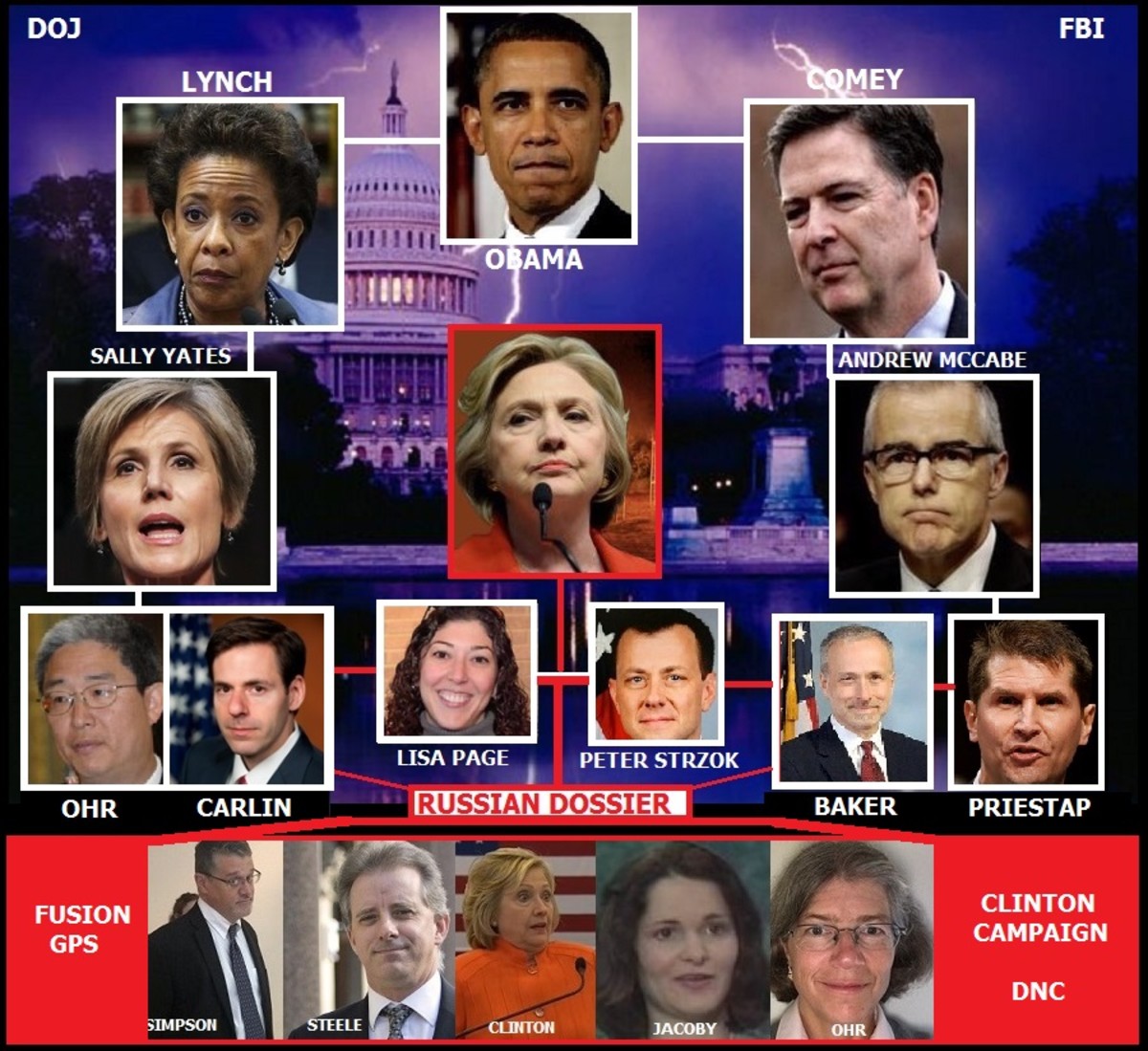
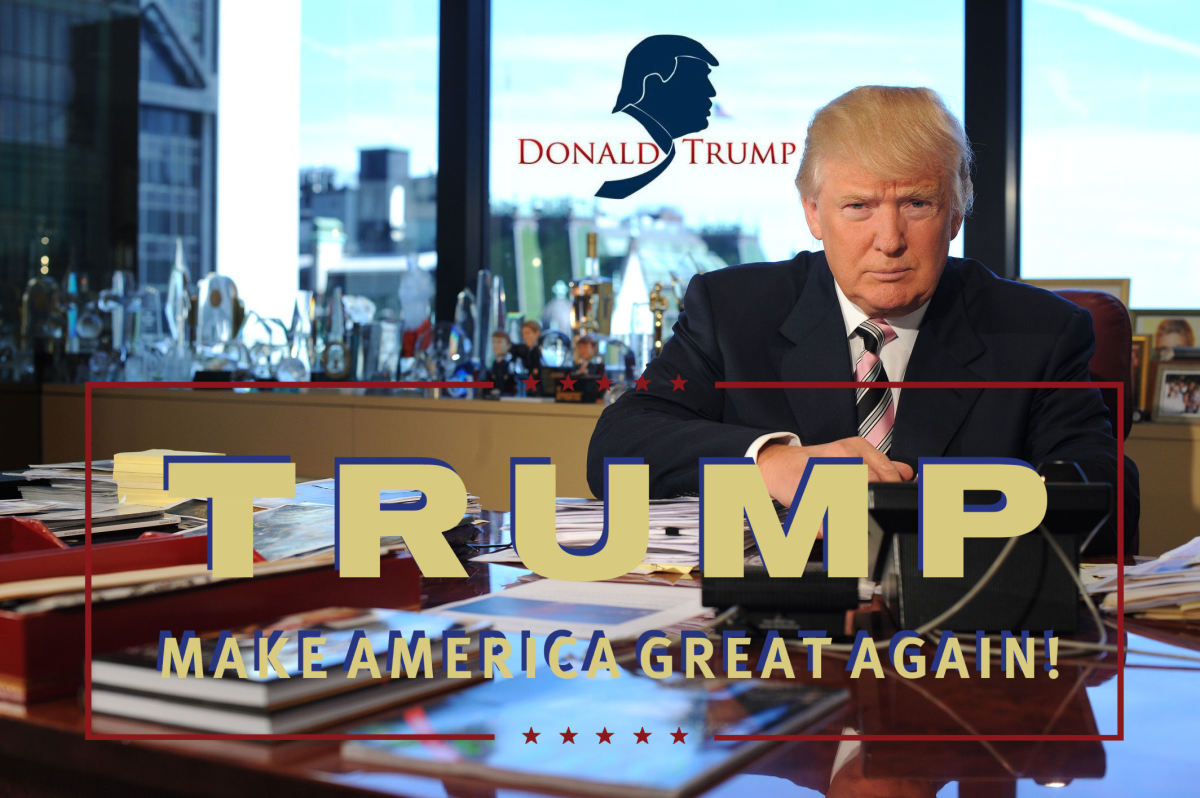
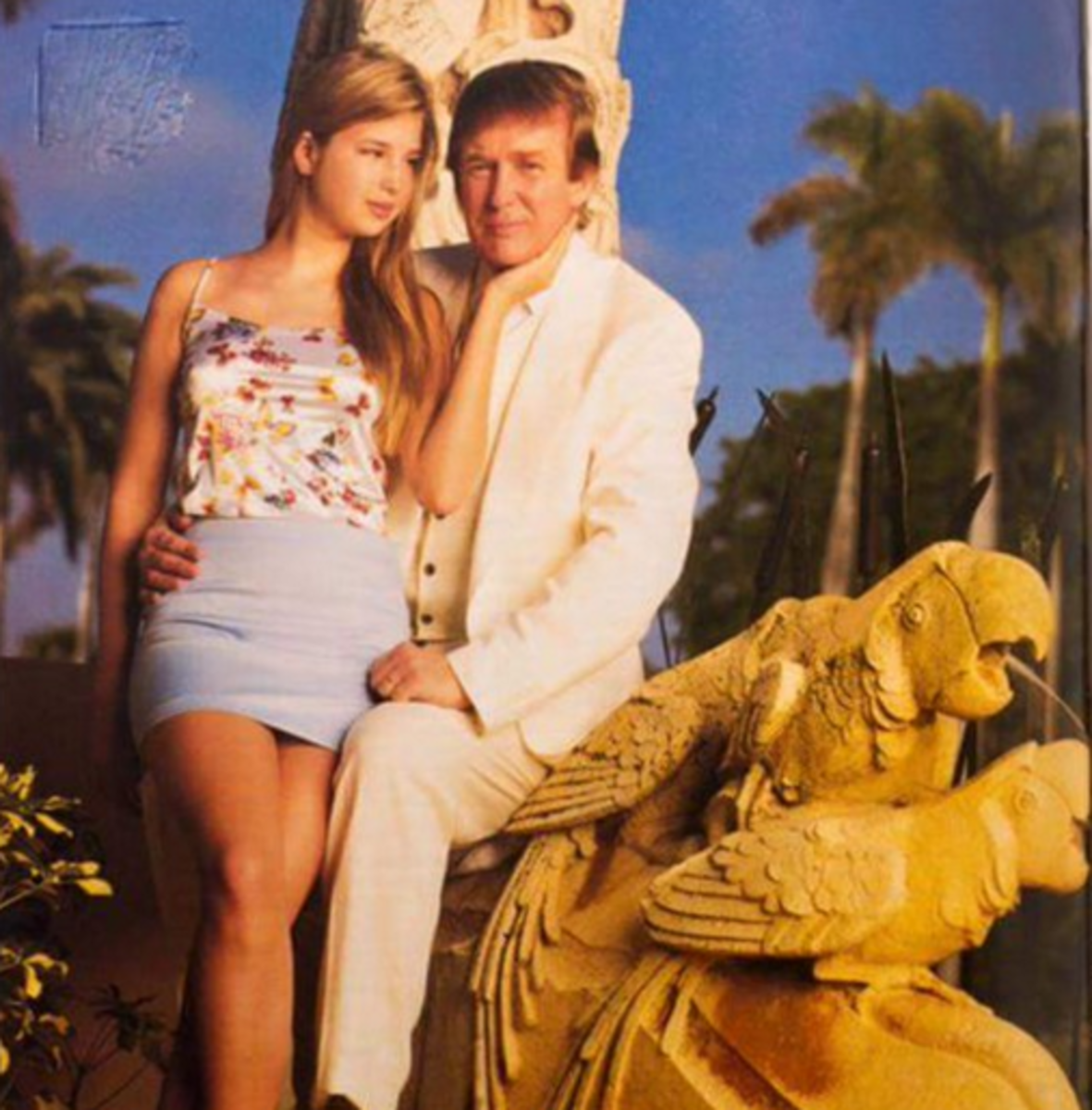
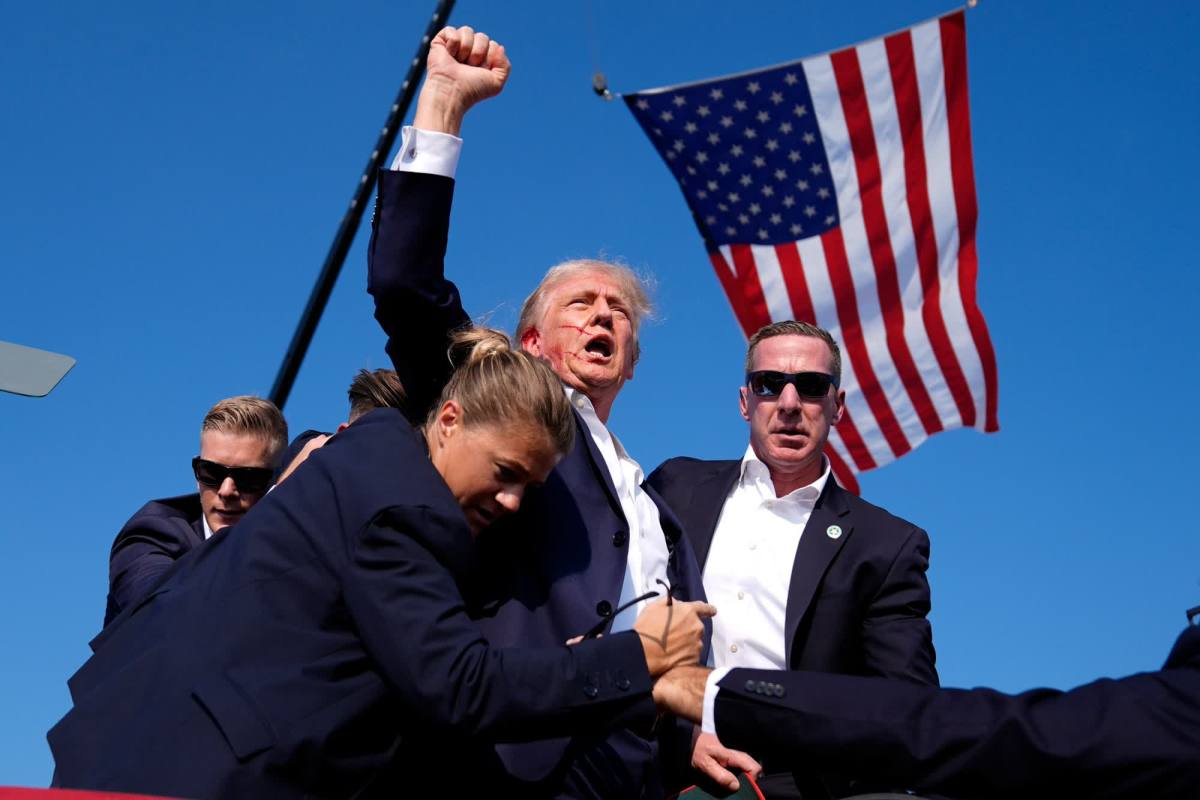
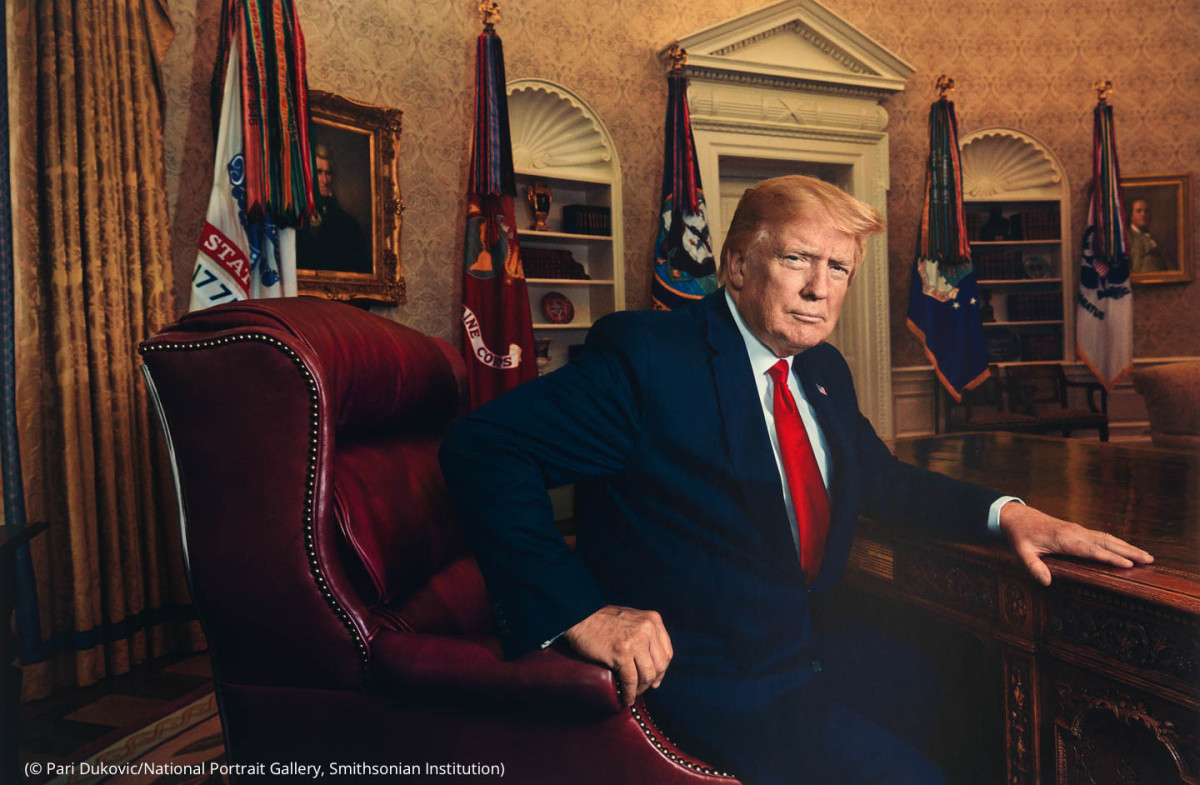

![American Politics: The BIG LIE in Politics, From The Republican Presidential Convention [124] American Politics: The BIG LIE in Politics, From The Republican Presidential Convention [124]](https://images.saymedia-content.com/.image/t_share/MTc2NDYyMjI1MzEyNjU1MzIy/the-big-lie-in-politics-from-the-conservative-side.jpg)
